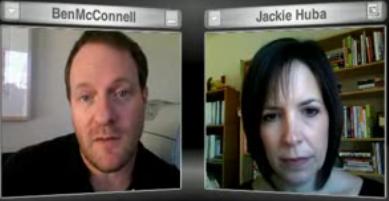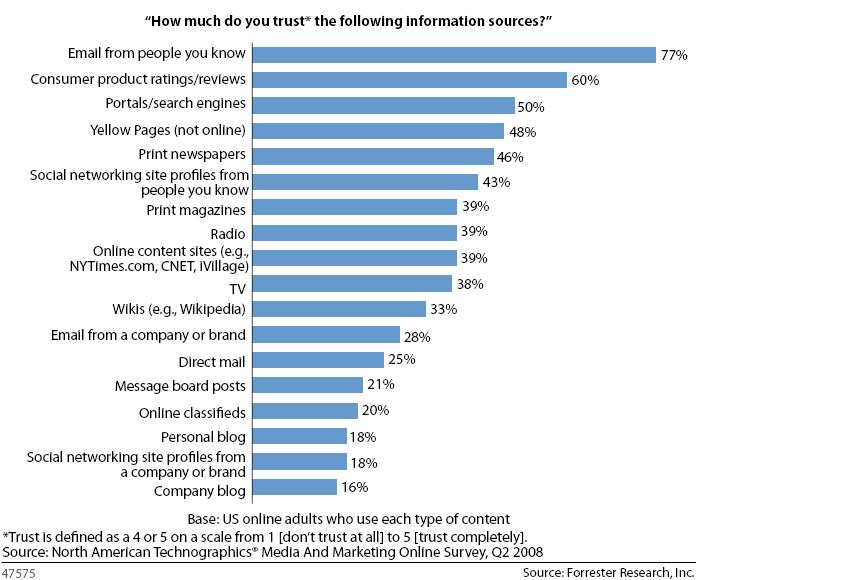Authority vs. Influence
 Spurred on by a post from Mack Collier, Jackie Huba and Ben McConnell posted an interesting vlog post yesterday on the idea of authority. I believe this concept of obsessively counting Twitter followers is the idea that touches off this debate. For example, if you have 25.000, does that mean you are an authority? I think Mack, Jackie, Ben and many other are all agreed that the answer is no. Alone, Twitter followers doesn’t even necessarily mean you have great influence, it is only a base brute measure of “reach” (you could also add in reach of the RTs for total reach) in the same way that media has measured reach for years.
Spurred on by a post from Mack Collier, Jackie Huba and Ben McConnell posted an interesting vlog post yesterday on the idea of authority. I believe this concept of obsessively counting Twitter followers is the idea that touches off this debate. For example, if you have 25.000, does that mean you are an authority? I think Mack, Jackie, Ben and many other are all agreed that the answer is no. Alone, Twitter followers doesn’t even necessarily mean you have great influence, it is only a base brute measure of “reach” (you could also add in reach of the RTs for total reach) in the same way that media has measured reach for years.
There are some other interesting nuggets in the Ben/Jackie interplay in that video that piqued my interest.
Does a book indicate authority?: When Perez Hilton comes up, they reconsider whether or not he may be an “Authority” when the fact that he has a new book up gets mentioned. Initially I chuckled at the idea of having a book giving you street cred in the church’s eyes, but then I reconsidered. Writing a book usually indicates that the author has done a huge amount of research into a particular topic and (often) has some personal experience or connection to the topic that gives them further credibility.
Are authority and influence the same thing?: Jackie asks this as “Are the things that you say retweeted?” Ben by positing that “You are an authority if you have people who take your word and take action”. I think both of these are less about authority and more about influence. From the wikipedia entry on this authority: “What distinguishes authority, from coercion, force and power on the one hand and leadership, persuasion and influence on the other hand, is legitimacy.” I do think that its possible for an authority to not have a large group of people listening to them. Similarly many people can take action on what Britney Spears telegraphs, but I’m not sure this makes her an authority at anything other than influence.
Have online celebrities convinced themselves they are real celebrities? Ben and Jackie included some fun Twitterati mentions of folks that I really enjoy who really are caught up in their follower count. Stay tuned for G4’s “Twitterati: Where are they now” series in 2014.
Thanks to Ben & Jackie for the inspiration this morning!


